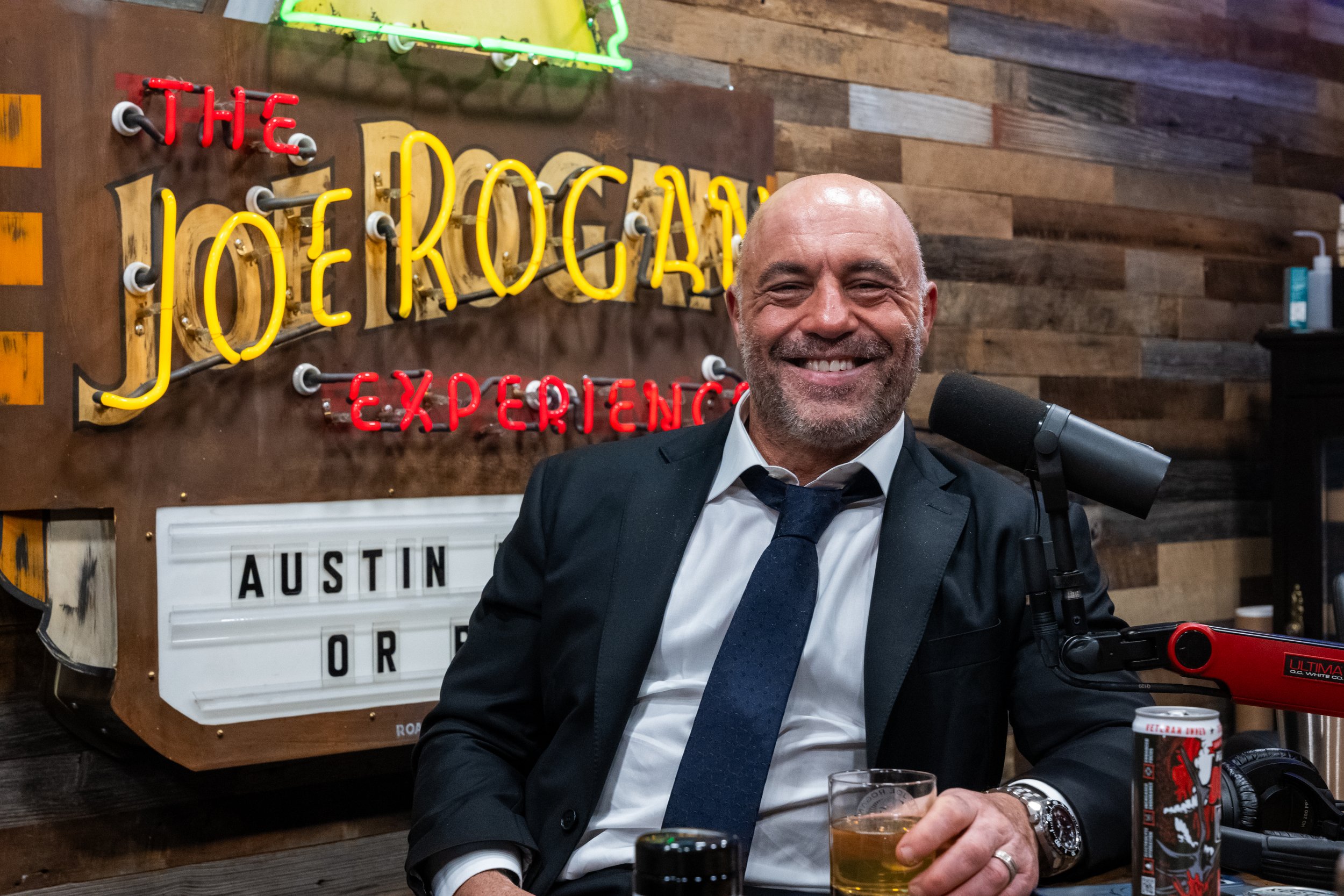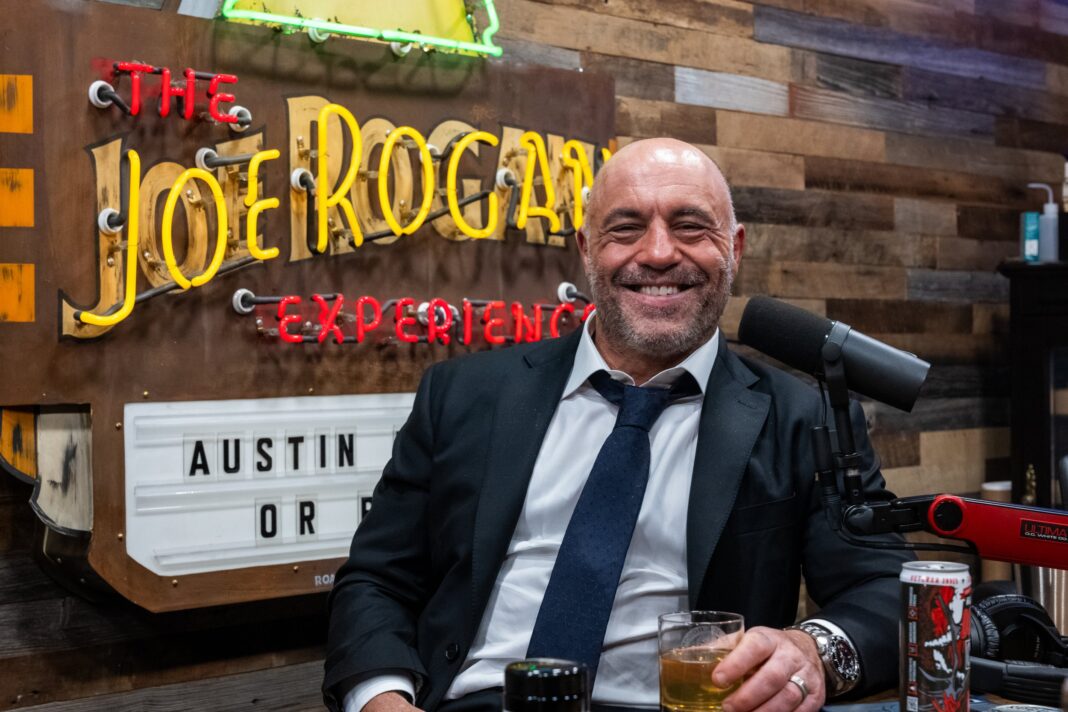
Views: 4
In the aftermath of the 2024 presidential election, podcaster Joe Rogan revealed that Vice President Kamala Harris declined an invitation to appear on his show due to her reluctance to discuss marijuana legalization. Speaking on a recent episode, Rogan claimed the Harris campaign imposed restrictions on topics for the interview, with cannabis policy being a key point of contention.
“She didn’t want to talk about marijuana legalization, which I thought was hilarious,” Rogan said, adding that her prosecutorial record in California was cited as a concern. Harris, who had vocally supported cannabis reform during her Senate tenure and campaign, faced criticism over her record as San Francisco district attorney and California attorney general, where opponents pointed to thousands of cannabis-related convictions during her leadership.
Comedian Adrienne Iapalucci questioned why Harris would avoid the subject, especially given its bipartisan appeal. Rogan speculated that her prosecutorial history, which Trump and other critics frequently highlighted, made it a sensitive issue. Data from the San Francisco District Attorney’s office shows that between 2004 and 2010, Harris oversaw 1,956 marijuana convictions, with only 45 individuals sent to state prison. However, the number of people jailed at the county level remains unclear.
Harris’s decision not to join Rogan, who interviewed former President Donald Trump and Vice President-elect JD Vance before the election, sparked conversation about political strategy and public perception. Rogan endorsed Trump days before Election Day, after conducting an in-depth discussion with the GOP nominee.
While Trump did not delve into marijuana policy during his interview with Rogan, Vance expressed interest in exploring the therapeutic potential of psychedelics for veterans. These topics highlighted evolving attitudes toward drug policy, contrasting Harris’s hesitance to engage on the matter.
Harris’s campaign did not immediately respond to inquiries regarding Rogan’s claims. With Trump reclaiming the Oval Office and Republicans securing a Senate majority, the future of federal marijuana reform remains uncertain. Advocates now face questions about whether Trump’s stated support for limited reforms will translate into action in a GOP-controlled Congress.
Read the whole article from MarijuanaMoment here.











